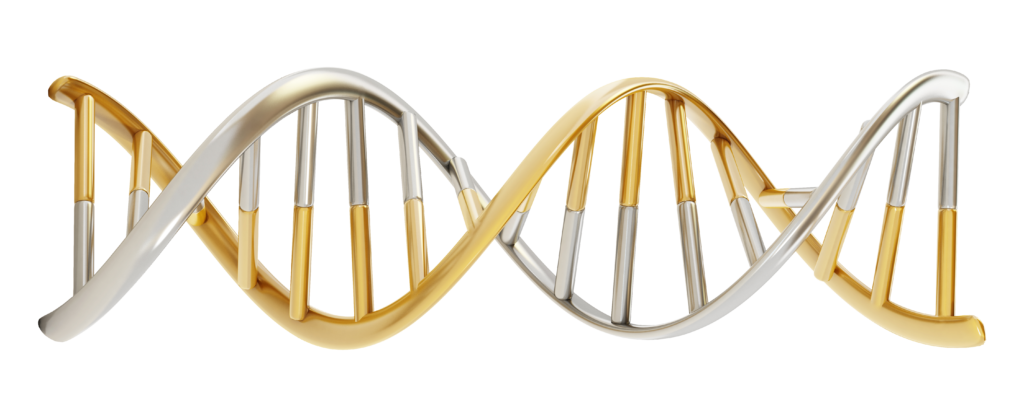Genetic background for THROMBOPHILIA

Test covers the analysis of
9034 genetic changes in 24 genes related:
-
trombofilią (nadkrzepliwością)
-
zakrzepicą żył głębokich
POBIERZ SKIEROWANIE – uzupełnij i dołącz do materiału (KLIKNIJ)
4,690.00 zł
Why is it worth testing?
The waiting time for the result is only 4 weeks
The analysis always includes genetic changes within exons, introns and promoters of genes and in mitochondrial DNA
Always an additional test included in the price
Consultation with specialist and written interpretation of the result
Each result is reanalysed every 6 months .
Rough data from sequencing are made available on request.
Thrombophilia – also known as hypercoagulation.
This disorder is connected with excessive tendency of the blood to coagulate.
It leads to thromboembolic changes in blood vessels,
which may move to other organs for example lungs, brain or heart leading to
life threatening states.
Incidence of thrombophilia in Europe is about 104-183 cases in every 100 000 people.
Inherited forms of thrombophilia may be observed in 1% to 5% of population.
Thrombophilia does not give any symptoms,only the creation of clot may cause:♦ pulsujący/skurczowy ból kończyny,♦ obrzęki kończyn/kończyny,♦ hardness of the veins or pain when touched,♦ reddened, heated skin at the site of pain in the limb,♦ nausea, vomiting and abdominal pain,♦ sudden headache,♦ difficulty speaking or seeing, feeling weak on one side of the body,♦ breathlessness,♦ chest pain. |
 |
Thrombophilia is a multifactorial disease, which may have a genetic or acquired form
|
|
Venous thromboembolism is one of the most common diseases of the cardiovascular systemand is the cause of 10% deaths among all hospitalised patients in Poland. |
Risk factors:Congenital form:♦ genetic load.Acquired form:♦ age > 60 years,♦ pregnancy,♦ hormonal therapy ,♦ postpartum period,♦ obesity,złamanie kończyny dolnej,♦ hospitalisation for heart failure or atrial fibrillation/flutter in the last three months.♦ przebyty zabieg endoprotezy stawu biodrowego♦ previous thromboembolism,♦ oral contraception,♦ chemotherapy,♦ congestive heart failure or respiratory failure. |
 |
Test covers the analysis of 9034 genetic changes (SNP) in 24 genes:
Ostatnia aktualizacja bazy: 2023.06.21
Still in doubt? Any questions?
We encourage you to contact us to resolve any doubts!
Napisz do nas, korzystając w formularza lub umów bezpłatną wstępną konsultacje








